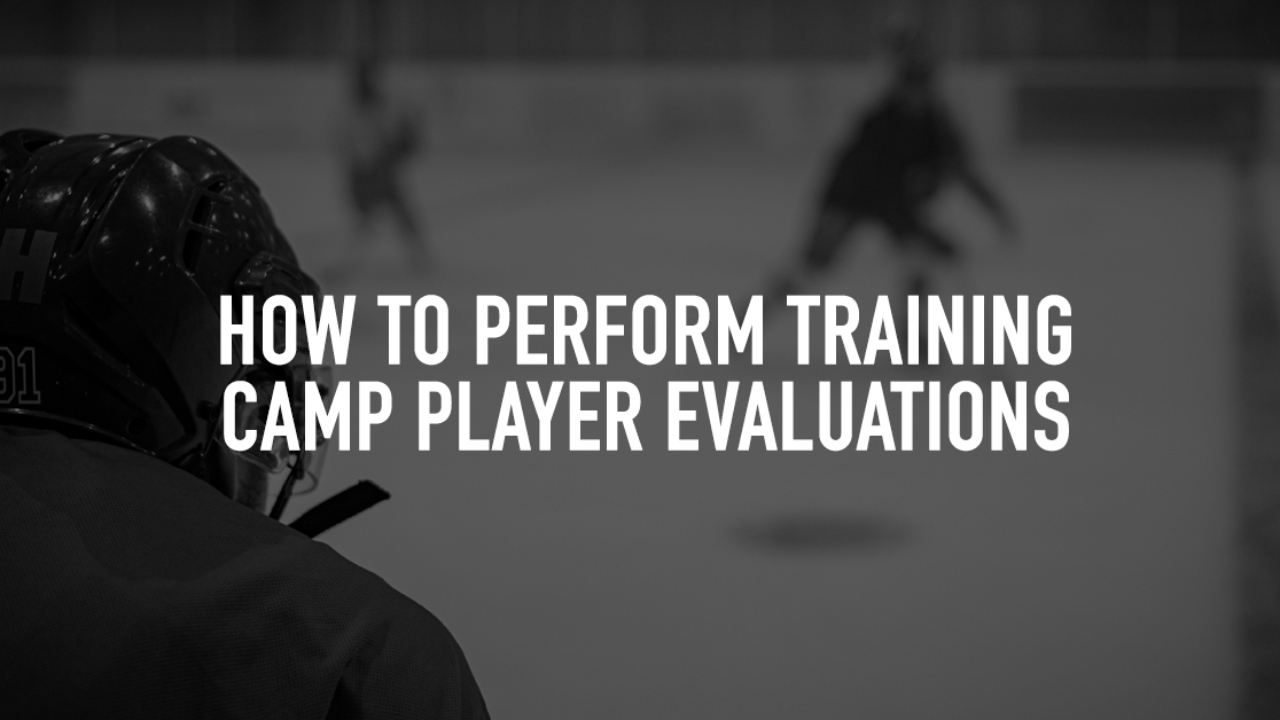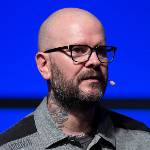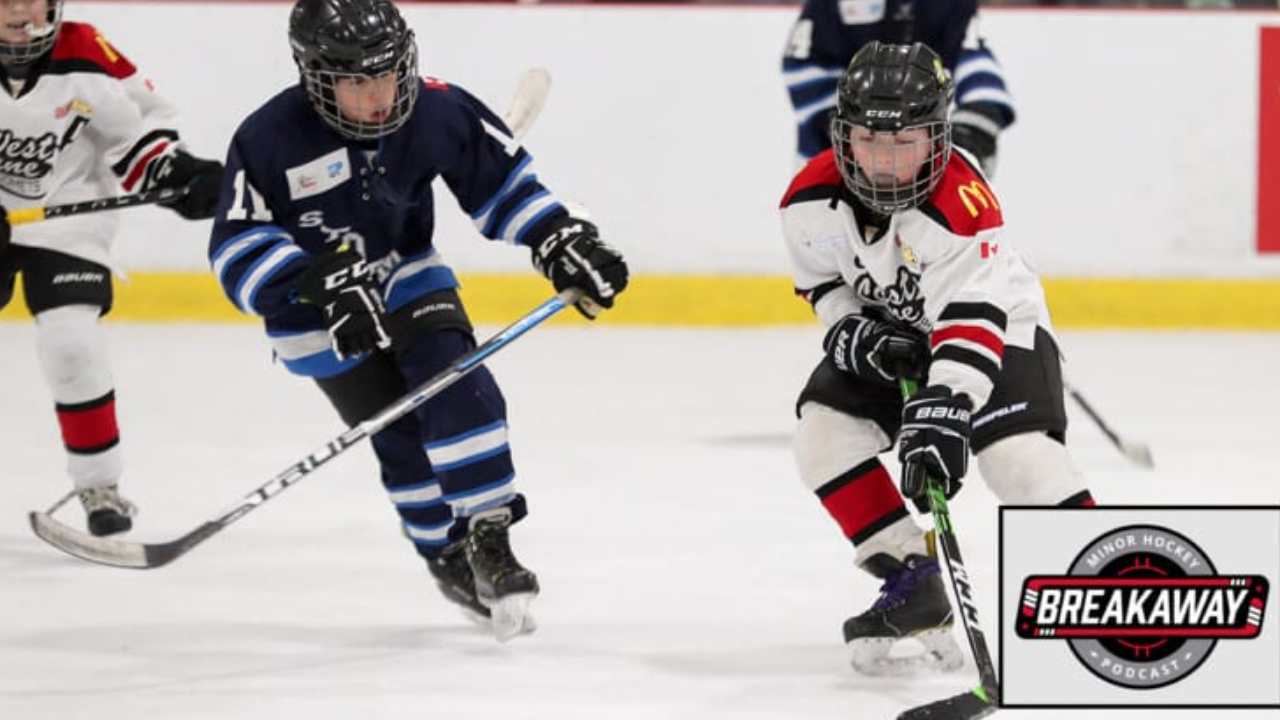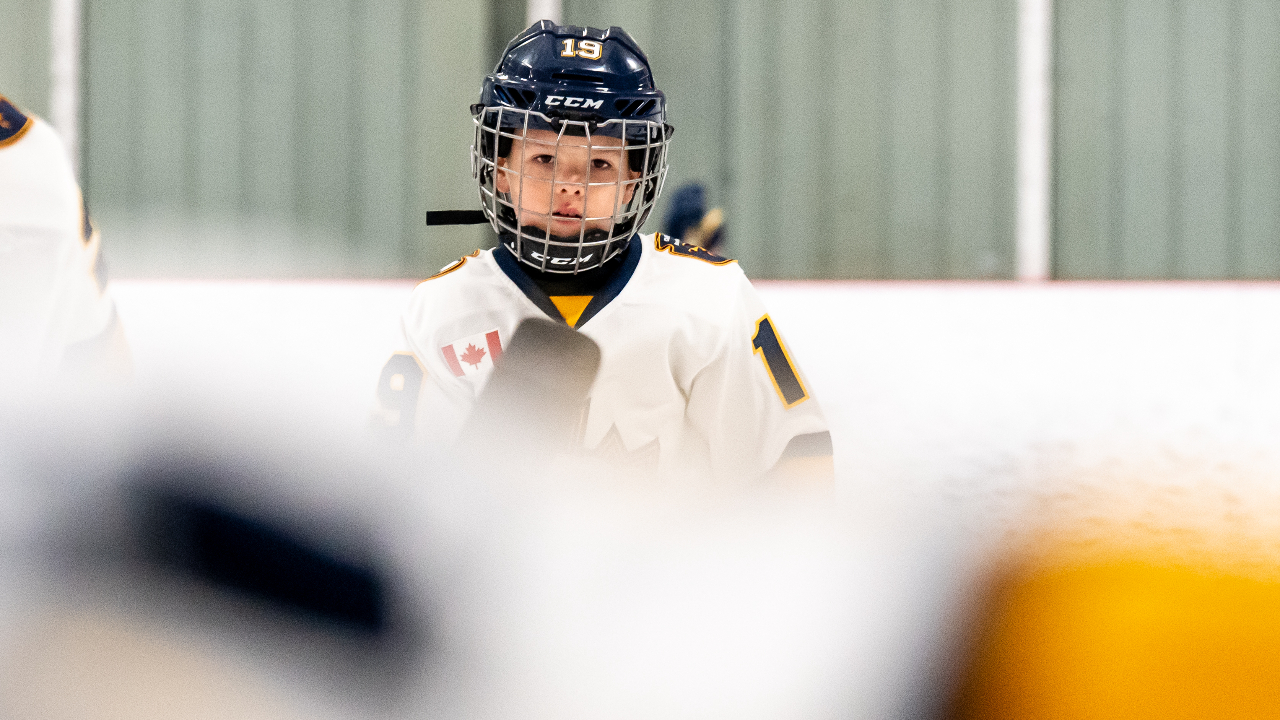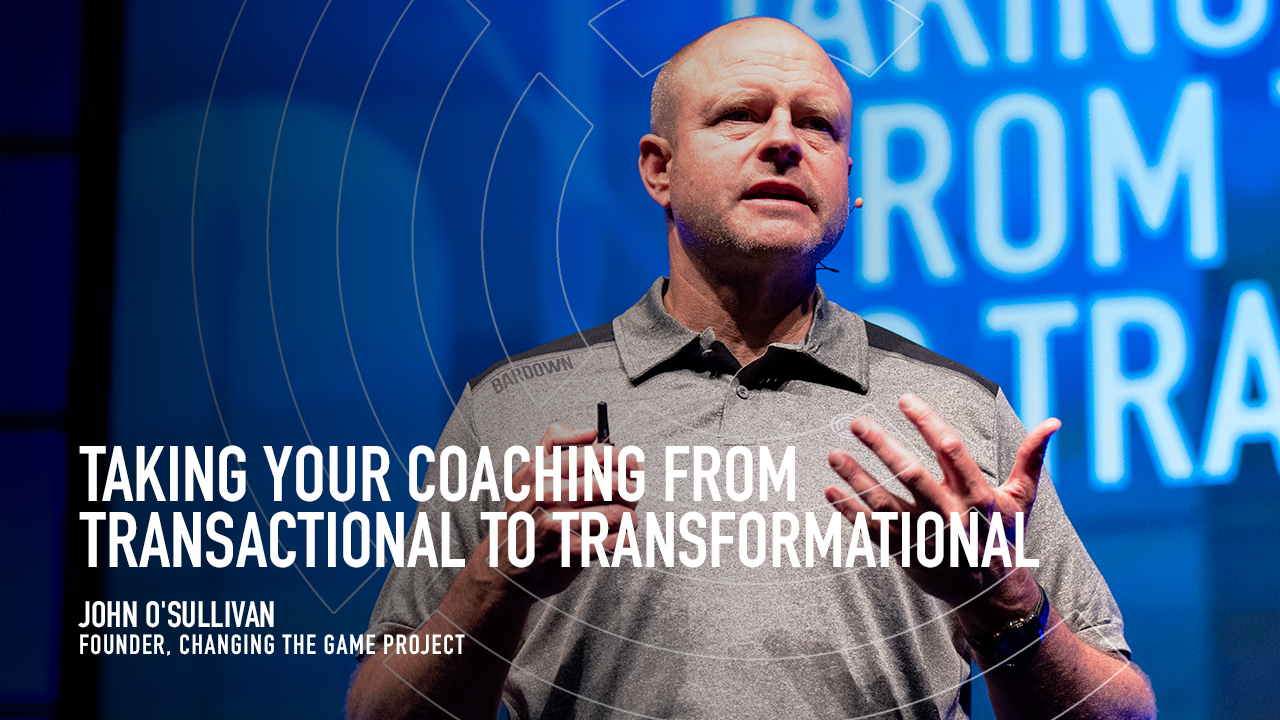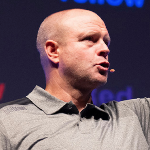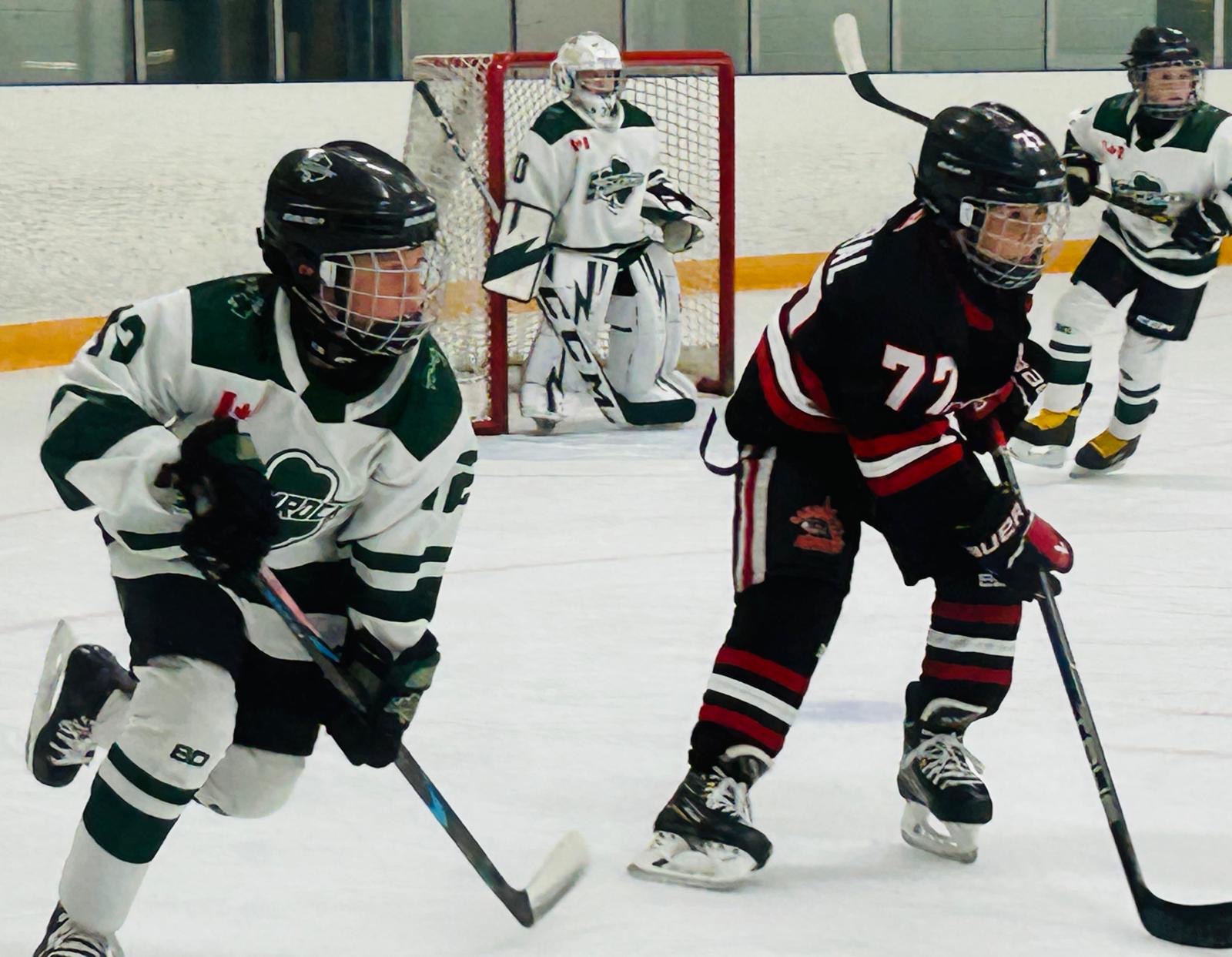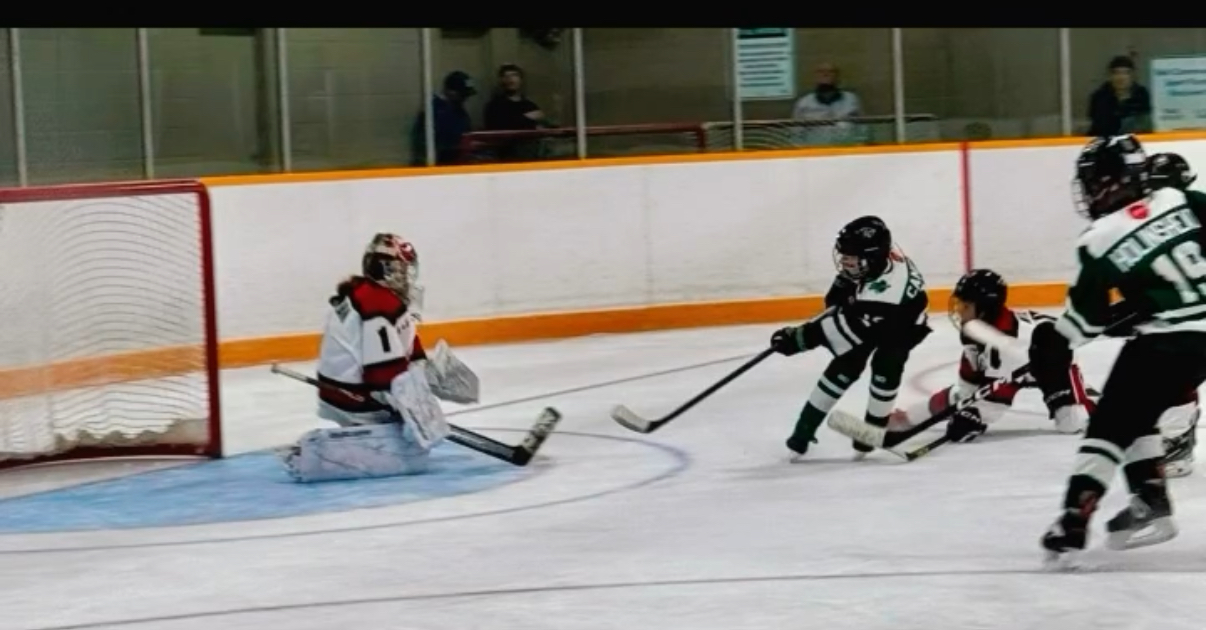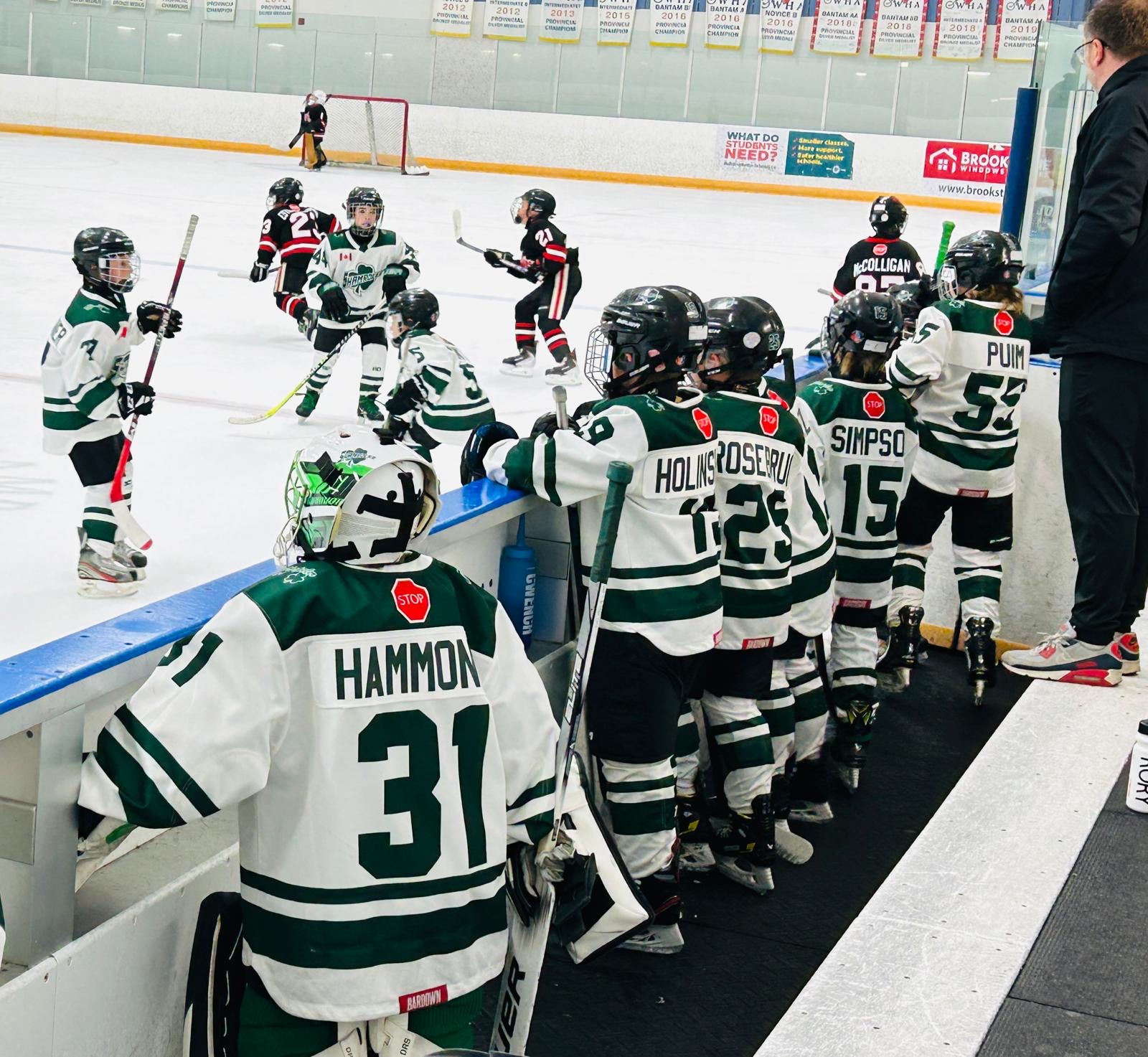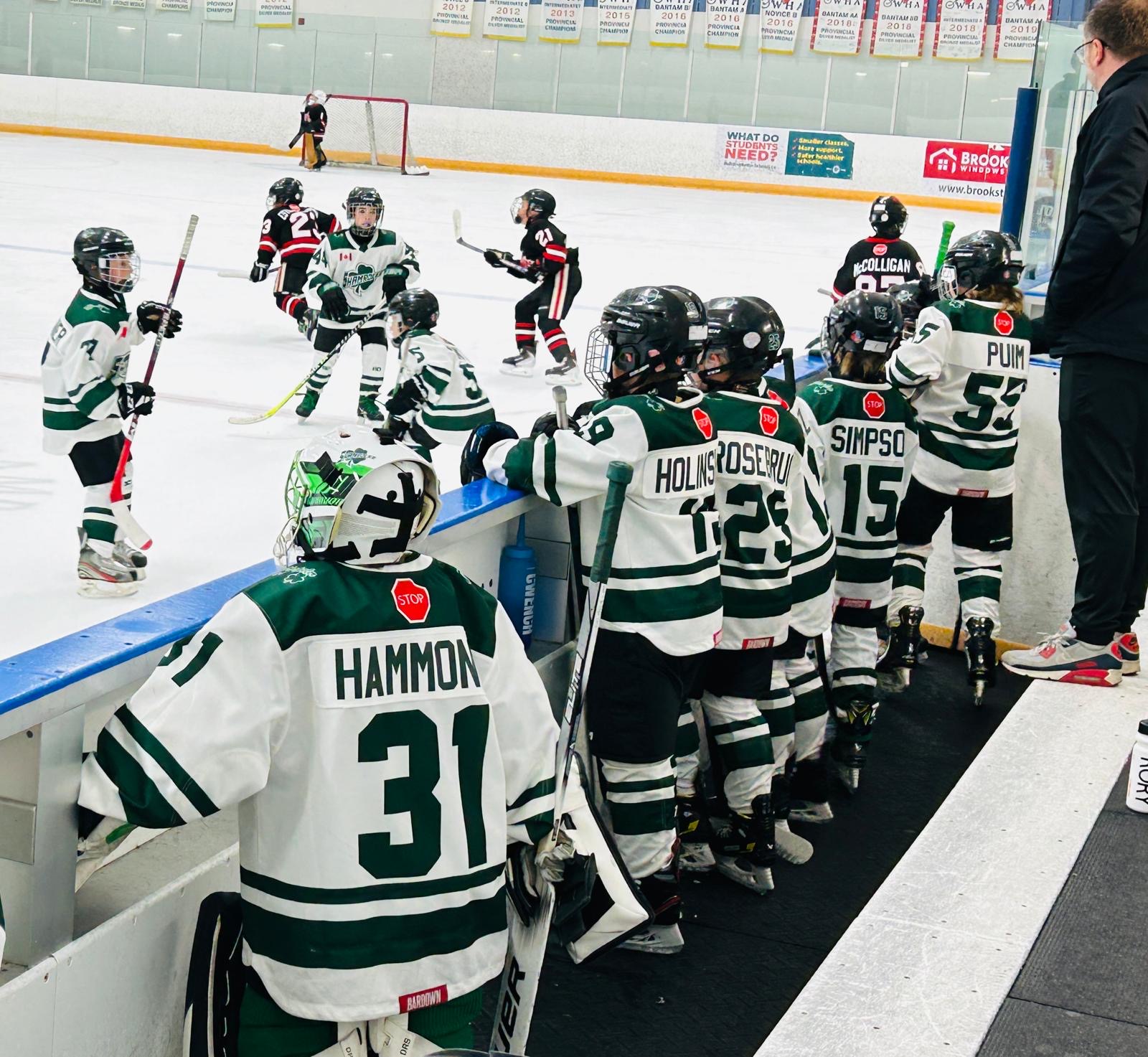
We’ve been in a tough stretch — five losses in a row — and lately, I’ve been questioning myself more than the kids. It’s easy to look at the mistakes on the ice, but what about the ones behind the bench?
Last week we ran a simple 2-on-1 drill. Both sides were going at each other and the kids couldn’t figure out spacing. I stopped it, explained it, and it still didn’t click. My frustration built up, and instead of slowing things down again, I cut the drill short.
Afterward, I knew I handled it wrong. In U Sports, we had four-hour practices and film sessions to correct everything. Here, I have fifty minutes and nine-year-olds. It’s not the same. I can’t expect U Sports execution from kids still learning to tie their skates tight.
Parents often treat their kids like they’re playing high-level hockey with the same pressure and structure. But these are nine-year-olds. They’re supposed to be learning, making mistakes, and growing at their pace. Sometimes I forget that.
Teaching accountability has also been a battle. I don’t want to punish kids or take away the fun, but I do want them to understand that effort and focus matter.
At this level, mistakes usually come from effort, not talent — and effort is something we can control. I tell them, “We win together, we lose together. But we all have to be accountable together.” Whether they fully get it yet, I’m not sure.
Film has helped. Slowing down moments and showing them what actually happened instead of what they think happened. It’s also been a reminder for me to stay positive on the bench — to find the good shifts, the small improvements, and the teachable moments without making kids fear mistakes.
Some days I look at their faces — the frustration, the nervous glances — and I wonder if I’m being too hard. Other days, I wonder if we’ve created an environment where kids aren’t used to being challenged. Finding that line is the hardest part of coaching youth hockey.
This group has taught me a lot about patience, about the importance of those early coaches who teach the basics before kids reach Rep hockey. The more skill-specific training grows, the more I realize hockey IQ and compete level still need to be taught.
After our fourth straight loss, we had a game with zero effort. I told the kids to look in the mirror and ask if they gave their best. Then I did the same thing. I wasn’t happy with how I coached — with my tone, my expectations, or my patience. I told them that, too. If I want them to be accountable, I have to be as well.
Losing streaks force reflection. And sometimes, the biggest coaching adjustments aren’t tactical — they’re personal.
About the Author:
Jesse Candela is a Regional Scout with the Georgetown Raiders (OJHL) and Head Coach of the Hespeler U10 A team. His writing focuses on the lessons, challenges, and reflections that come with coaching at the grassroots level.

